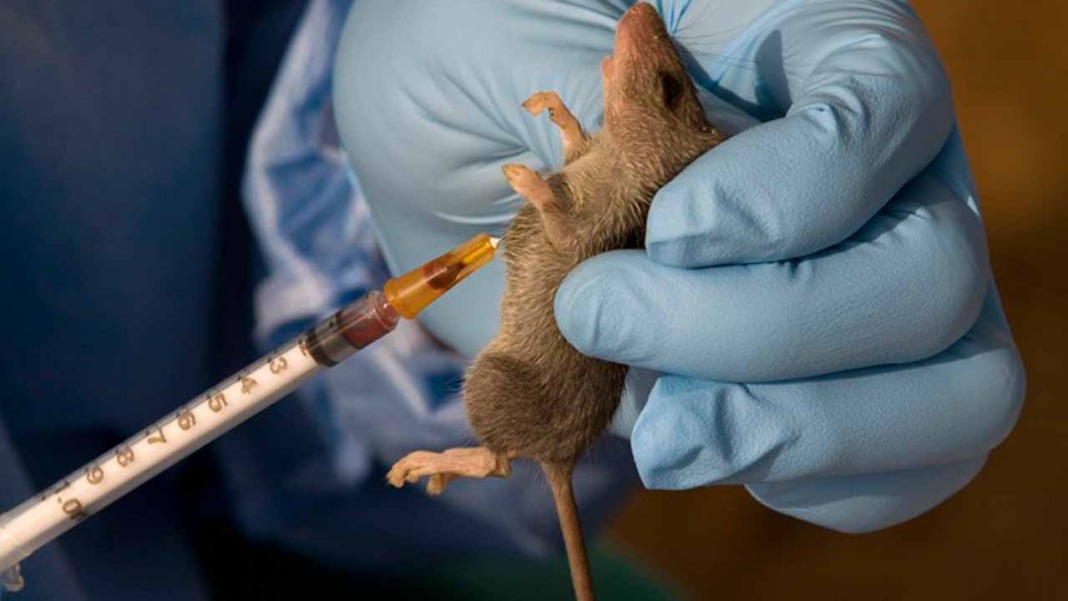The Nigeria Centre for Disease Control and Prevention (NCDC) has called for increased efforts in sensitization, surveillance, and response to Lassa fever. The Director-General of the NCDC, Dr. Adetifa Ifedayo made the call at a recent Lassa fever research colloquium and workshop held in collaboration with the University College London and Johns Hopkins Program for International Education in Gynecology and Obstetrics.
According to Dr. Ifedayo, the Federal Government coordinates the national response to Lassa fever, but state governments must take responsibility for their citizens’ health within their boundaries. “We know that there are still gaps, especially at the sub-national level, and that is an area of strategic importance to us as the sort of One Health Secretariat to coordinate input, the government continues to invest in that space,” he said. “It is important to recognize that this is not just a national government problem, states have responsibilities. States have to look after citizens that have problems within their boundaries.”
Lassa fever is a viral hemorrhagic fever caused by the Lassa virus, which is endemic in West Africa. The virus is primarily transmitted to humans through contact with food or household items contaminated with the urine or feces of the multimammate rat, which is the natural host of the virus. The disease can also be spread through direct contact with the blood, urine, feces, or other bodily fluids of infected people.
According to the World Health Organization (WHO), Lassa fever is responsible for an estimated 5,000 deaths annually in West Africa. Nigeria, which accounts for the majority of Lassa fever cases in the region, has recorded an increasing number of cases in recent years. As of April 23, 2023, no fewer than 4,908 suspected cases, 897 confirmed cases, and 154 deaths were recorded, compared to the 4,272 suspected cases, 751 confirmed cases, and 140 deaths recorded in 2022.
To combat the disease, the NCDC has been working with its partners to improve awareness, surveillance, and response to Lassa fever. The research colloquium and workshop held in collaboration with the University College London and Johns Hopkins Program for International Education in Gynecology and Obstetrics is part of these efforts.
“We think that previous efforts are beginning to show some success because we are keeping case fatality down,” Dr. Ifedayo said. “And it’s quite much lower in the more experienced centers than in the less experienced centers, so we need to do some more work in the other frontiers for Lassa fever that are beginning to open.”
Representing the University College London, Prof Kate Jones explained that the institution is engaged in a long-term research project with the NCDC to improve understanding of Lassa fever. “We’re seeing what works and what doesn’t, and new kinds of AI techniques and remote sensing for geographic information systems can help us understand and predict where Lassa fever is going to be more prevalent,” she said. “We’re working on a big research project to try to leverage all the amazing new technologies and new genomic sequencing, the new vaccine which is being developed.”
The NCDC and its partners have been stepping up their efforts to contain Lassa fever, with a particular focus on improving the quality of care provided to patients. In addition to providing medical treatment, the NCDC has been working to improve infection prevention and control measures in healthcare settings.
The research colloquium and workshop held builds on the strides made in the Lassa fever International Conference held in 2019 and the continuous work of NCDC, Ministries Departments and Agencies, and partners, in improving the understanding of the virus.
The NCDC remains committed to fighting the spread of Lassa fever and improving the health outcomes ofs. Through collaborations with international partners, research institutions, and state governments, the agency will continue to work towards closing gaps in Lassa fever surveillance and response. It is important for individuals to take preventive measures such as keeping a clean environment, avoiding contact with rodents, and reporting any suspected cases of Lassa fever to health authorities. With a sustained effort from all stakeholders, it is possible to achieve a Nigeria free of Lassa fever and other infectious diseases.



